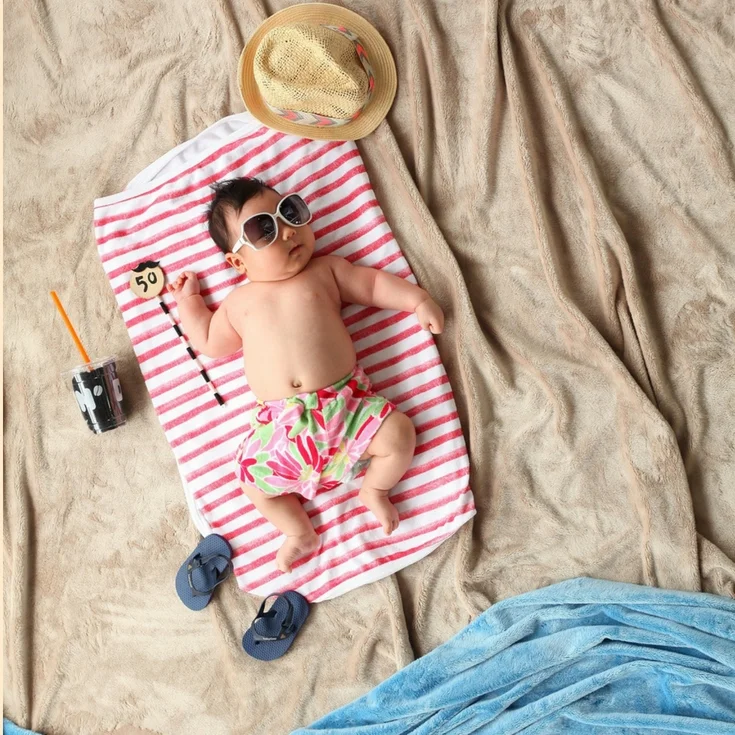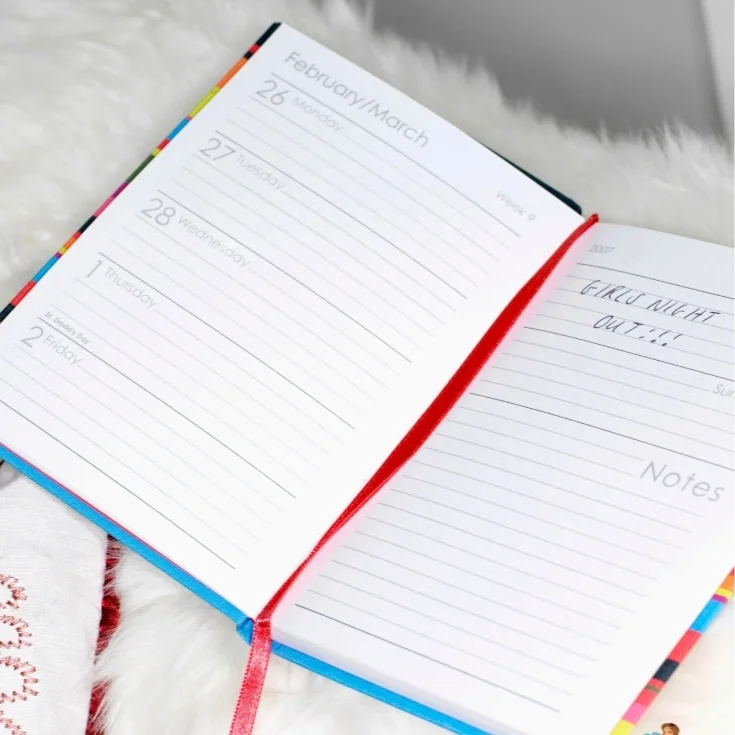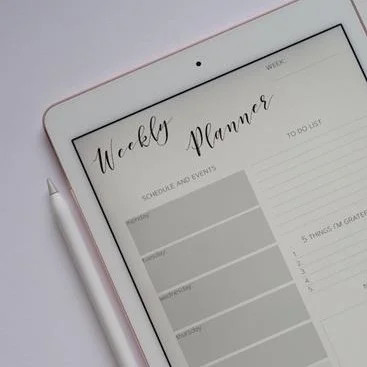Habits can be great. Want to exercise regularly or drink more water or meditate or any number of good things? Creating a habit can help with any number of healthy behaviors allowing them to become automatic and easy.
The problem is actually creating the habit. And I have some bad news: it's not just a matter of repetition. Doing something for 21 days will to magically make it a habit.
But there are certain thing you can do to tun an action into a habit much more easily. Read on to find out what they are.
Why Repetition Alone Does Not Create a Habit
We've all heard it. It takes 21 days to create a habit. This would lead one to believe that if you force yourself to do something for 21 days, on the 22nd day it will magically become automatic.
This just isn't the reality. Case in point: my husband was exercising regularly in preparation for our wedding. He wanted to look good as we would be looking back on this day for years to come. He hated exercising, or at least the type of exercising he was doing.
After the wedding, he did not automatically continue exercising. He no longer had that big goal and it was something he didn't like doing, so he stopped doing it.
There needs to be more involved in creating habits than just repetition. Going to the gym for the first 21 days of January does not mean that you will be going to the gym for the rest of the year.
In addition to repeating the behavior we want to absorb into our regular routine, we must also train our brain to make connections between our behavior, physical cues and how we feel.
Going From Repetition to Habit
In addition to repeating a behavior, there are some additional factors needed in creating a habit. Let's look at something that is a habit for pretty much everyone: brushing our teeth.
In the morning when we wake up, we go to the bathroom. Walking into the bathroom is the physical cue that it is time to brush our teeth. We brush our teeth and then we get to taste the refreshing feeling of a minty clean mouth.
So let's break this down. The first part of our tooth brushing routine relates to our location. By entering the bathroom we have the visual cue that we are where we need to be to brush our teeth.
Next you actually perform the habit, you brush your teeth. Finally after you brush your teeth you enjoy that minty fresh feeling. Maybe you run your tongue along your teeth to feel that slick clean feeling. What ever you do, you enjoy your clean mouth.
Looking at this scenario, can help us figure out tricks to create new healthy habits.
The Tricks to Help You Create a Habit
1. Link Your Habits
When brushing our teeth, our first habit is going to the bathroom the first thing in the morning. Linked to this habit is the habit of brushing our teeth.
Similarly, when trying to create a new habit, try linking it to an existing habit. If you leave your purse in the same place each day for the following morning, and the habit you want to create is drinking more water, leave water bottles next to your purse as well. This will remind you to bring water with you when you head out in the morning.
2. Use Visual Cues
Walking into the bathroom and seeing your tooth brush in the holder reminds you its time to brush your teeth. You can use visual cues to remind yourself of all sorts of habits.
You can hang your workout clothes on the back of the bedroom door to make sure you see them first thing in the morning and you go workout. Or leave your journal on the edge of your bathroom sink so you can't miss your morning journaling when you get up.
When you are creating a new habit, make it easy on yourself to remember to do it but using visual cues to remind you of what to do.
3. Use Phone Reminders
In this day and age, we always have our phone with us. We might as well put it to good use. If your goal is working out more, set an alarm to remind you to workout each day. Or have a reminder asking you whether you had enough water today.
Let technology help you create your habit by keeping the habit in the forefront of your mind. Much like the visual cues, this helps you not have to be thinking about your habit all the time.
4. Relish the Reward
Part of creating a habit is looking forward to the reward when the action is completed. When you brush your teeth, the reward is the clean, fresh feeling in your mouth.
When you are trying to create a habit, it is important to really enjoy, and think about the positive feeling you get when you complete the action. You want to allow your mind and body to really feel the joy of completing your task each time you do it.
When you really sit in your good feeling of accomplishment, your body remembers it. It will want to create that feeling again and again. Hence, it will help you continue you to repeat that action in order to form the habit.
5. Get Family and Friends on Board
Family and friend always want you to be your best. So let them help you create your new habits. Let them know what you are working on and give them permission to help you along the way.
For example, if you are trying to get into the habit of going to bed earlier, let your spouse know. Give them permission to gently remind you that its time to get ready for bed when you suggest watching yet another show on Netflix. They will likely enjoy the opportunity to tell you what to do especially when they know it will help you out.
Another great way family and friends can keep you on track is by holding you accountable. They can check in with you and your progress. Sometimes just know that other people are aware of your goals will push you to try to achieve them.
6. Track Your Habits
A great way to motivate yourself to maintain a habit is to track it. If your goal is to exercise 5 days a week, make note of the days you exercise on your calendar. Same goes for water consumption or healthy eating.
Seeing it on paper let's you see your success so far and encourages you to keep going. If you fall off the wagon one day or one week, tracking can encourage you to start again and work to beat your longest streak.
7. Make a Plan for Obstacles
Things happen and obstacles occur. This can derail our progress. In order to create a habit, it is important to try as much as possible to plan ahead for such occurrences.
If your workout plan is running at the park, make a plan for what you will do in the event of inclement weather. Will you go to the gym or throw on a workout DVD? Having a plan for just in case means you won't just throw in the towel and get frustrated when an obstacle occurs.
Do you have a behavior that you want to make a habit? Share it in the comments so we can all support each other through the process.
Cheers,
Emily














